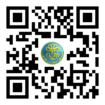On Knowledge And Statecraft
In Plato’s Republic, the philosopher-king is a leader who loves and embodies the cardinal virtues of wisdom, temperance, courage, and justice. The community that produced him would dispense with democracy’s mechanisms needed to curtail blatant misuses of power by corrupt politicians who prey upon the masses by their ignorance.
Former British Prime Minister Winston Churchill once said: “It has been said that democracy is the worst form of government, except all those others that have been tried.” Yet, this may only refer to the inadequacies of the present set-up in producing leaders who do not require constant oversight.
The leader reflects the people. The Holy Prophet said: “As you are, so shall your leader be.” He also said: “Each of you is a shepherd (ra‘in) and each of you is responsible for his flock (ra‘iyyah)”.
The Arabic word ra‘iyyah, from which Malay rakyat originated, shares the root with ra‘in, which also means ‘guide’, ‘guardian’, and ‘caretaker’. In the worldview of Islam, both the leader and the people form a unity like a single body.
The Holy Prophet also prophesied the emergence of leaders (umara’) who “will be corrupt but God may put much right through them.” Therefore, the people is obliged to be thankful when leaders do good and patient when they commit evil.
The Proof of Islam, Imam al-Ghazali, in his Ihya’ ‘ulum al-din (Revival of the Religious Sciences) stated that religion is established through the sultan who is not to be belittled.
We should not justify a wrongdoing when it is proven but our limited senses may often lead us to believe that no good may come out of the things we perceive as evil because we think evil is the absence of good. While weed follows the cultivation of rice and there seems to be no good in growing weed it does not stop us from planting and harvesting the rice.
A well-known Sufi figure Fudayl ibn ‘Iyad said: “If I had one supplication that was going to be answered I would make it for the sultan, for the sultan’s well-being and righteousness means well-being for the land and its people.”
Another Sufi figure Sahl al-Tustari was once asked “Who is the best among men?” The answer “ruler” surprised his inquirers because it was thought that rulers were the worst.
Sahl went on saying, “Don’t be hasty! God Most High has two glances every day: one is for the safety of the Muslims’ possessions and another for their bodies. Then, God looks into the Register of Deeds and forgives him all his sins [for his protection of both].” But the precondition for forgiveness is that the ruler must protect both.
The establishment and statecraft of our centuries-old Malay sultanates mirrored those in Islam’s civilizational epicentre, which in turn were modelled after the Holy Prophet’s Madinah. While colonial era modernized our country’s administration it did not abolish the sultanates but merely interrupted them.
However, colonization also displaced the ‘ulama’s traditional role in advising the Rulers. It also severely impaired the ability to follow the Prophetic practice called shura in consulting scholars and learned men as well as the ability to recognize and acknowledge them properly, both of which is the reason for today’s greater need for checks and balances.
Even so, we are lucky to be blessed with a unique system that combines constitutional monarchy and parliamentary democracy; this is the time when rulers work closely together with the ruled towards common good.
While our Rulers do not interfere in the politics, adherence to royal protocols should not conceal the fact that God placed Their Royal Highnesses in the best position to decree the people so they would choose the best stewards for the nation.
The counsel of learned people is important in guiding the ruler’s politics because statecraft is like a knife in the kitchen; either a housewife could wield it as a utensil or a burglar as a weapon. We should also realise that politicians’ scramble for power often leaves as collateral damages the people they mean to administer.
For instance, the clash of the titans in the Malaysian political scene two decades ago made a casualty out of our important learning institution, which had been gathering renown scholars and intellectuals from around the world, meant to teach and train future scholars and leaders.
That institution was the International Institute of Islamic Thought and Civilization (ISTAC), conceptualised by great thinker Tan Sri Prof. Syed Muhammad Naquib al-Attas to continue the tradition of the major intellectual centres in the likes of Bayt al-Hikmah (House of Wisdom) that Harun al-Rashid built and the Nizamiyyah that Imam al-Ghazali once headed.
The members of its original leadership are still around. Seriousness in improving our state of affairs should involve every effort in recognizing, acknowledging, and bringing them back.




